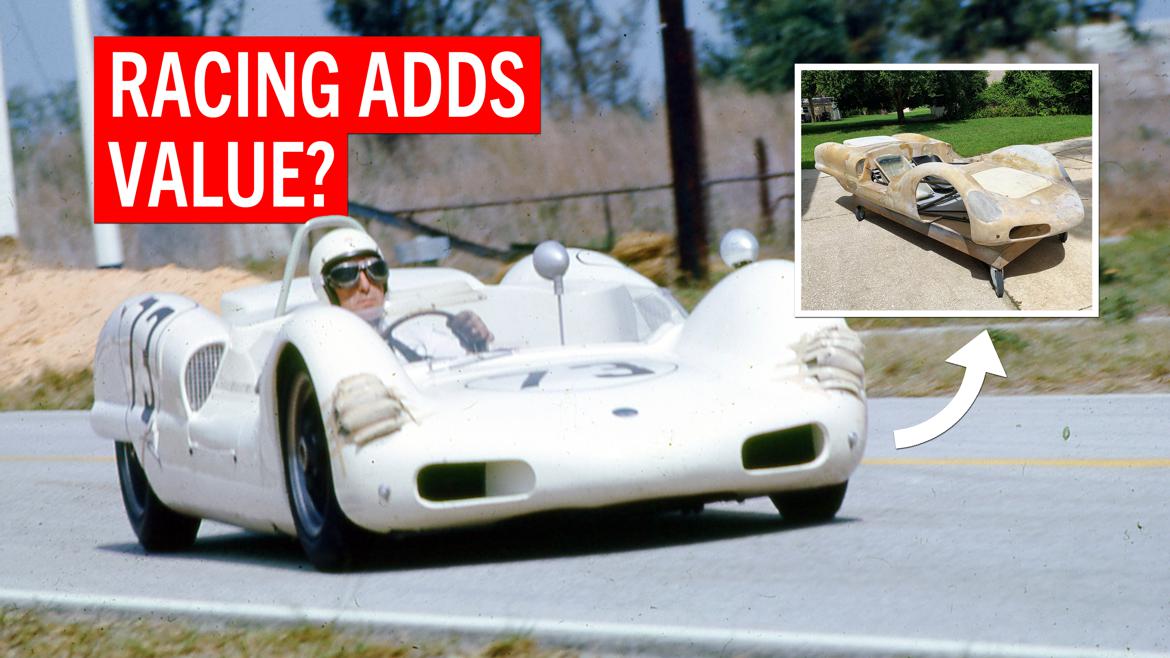I finished breaking in the rebuilt, turbo'd beta engine in my 2002 Tuscani (Tiburon 2g). Oh man is it nice up in the higher revs. It'll burn the front tires from a roll in first gear and gets wheel spin in second as well.
It makes good power from about 4k rpm up which brings me to the next question - how high can I safely rev a beta 1 with forged pistons, fresh bearings and stock rods? It sure doesn't feel done at 6500 rpm (or 7000 either).
The NA road racing betas I know typically rev to 7500-8000 rpm. Some of the drag only builds I've seen as high as 9k. The internet assures me that anything over stock redline will result in immediate detonation. I don't really want to rebuild my engine twice a year.
Anybody have experience in this matter?
The part the bears the brunt of the force at high rpms is the rods. typically when building an engine for high rpms the goal is the lighten the rods/pistons, strengthen the rods, and reduced piston velocity (if possible).
From what I can tell from your setup you have not strengthened the rods or lightened anything. I would be reluctant to go much over the oem redline. You have also added boost which is another unknown.
The final note I would say is usually the valvetrain will fail before the assembly. at high rpms stock valve springs tend to float and cause all kinds of nasty things to happen.
If it was my car I would go about 500 rpm over the stock redline and call it a day. Anything more than that and you are rolling the dice.
RPM limit is usually the valve springs first. As noted
Piston speed used to be a factor.
Well, the good news is that high revs don't inherently cause detonation, although I suppose you might see it if you've run off the top of the ECU's fuel/spark tables.
The bad news is that if it's an interference engine, then floating the valves can result in pistons and valves touching each other and overrevving the rods will probably result in one of them breaking, which usually destroys pretty much everything in the engine.





























